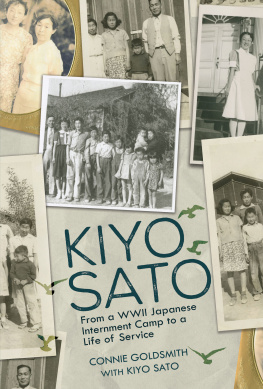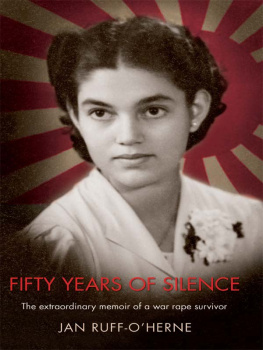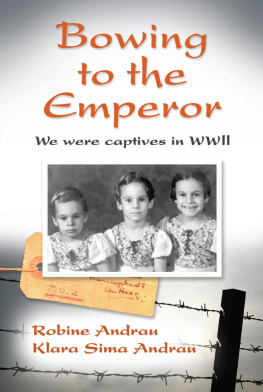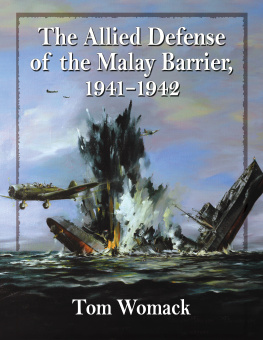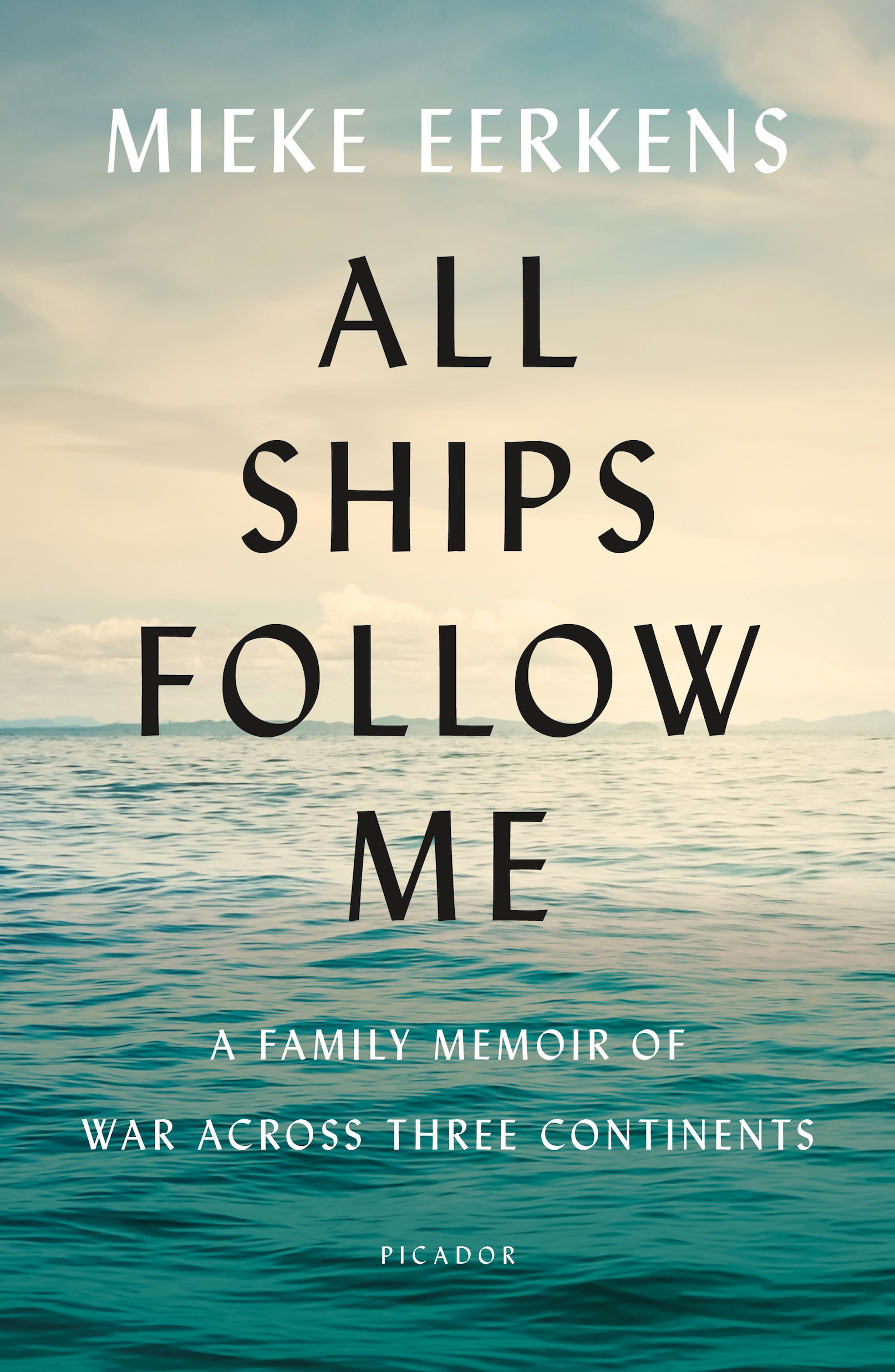The author and publisher have provided this e-book to you for your personal use only. You may not make this e-book publicly available in any way. Copyright infringement is against the law. If you believe the copy of this e-book you are reading infringes on the authors copyright, please notify the publisher at: us.macmillanusa.com/piracy.
May 1014, 1940: Germany, under Adolf Hitlers Nazi regime, invades the Netherlands with a blitzkrieg that destroys the Rotterdam city center. The Dutch royal family flees to the U.K.
May 15, 1940: The Netherlands surrenders to Germany, and falls under German occupation. Only the Dutch NSB (Nationaal-Socialistische Beweging: the national socialist party), headed by Anton Mussert, is allowed to stay active as long as the party allies itself with the Nazi regime.
19411945: Mass deportation of Dutch Jews to Nazi death camps, most via Camp Westerbork in the Netherlands. Out of approximately 140,000 members of the Netherlands Jewish population, over 100,000 are killed in the Holocaust.
December 7, 1941: Japan attacks Pearl Harbor, Hawaii, in a preemptive strike to prevent the American fleet from interfering with its invasion of American, British, and Dutch territories in the Pacific including the Philippines, Guam, Singapore, Malaya, and Hong Kong. Their plans to conquer the Dutch East Indies are made clear, so the Netherlands declares war on Japan preemptively and begins to prepare. As Japan successfully invades each neighboring country, the people of the Dutch East Indies know they are one step closer to being invaded. With the Allied forces occupied in Europe fighting the Nazis, there is very little defense.
February 27, 1942: Japan begins its assault on the Dutch East Indies with the Battle of the Java Sea. This battle lasts only a few days, with the Royal Dutch Indies Army going into the battle assured of their own defeat.
March 8, 1942: The Dutch surrender to Japan in the Dutch East Indies. Dutch, European, and other Western civilians (including some British and Australian residents) are rounded up, registered, and sent to hundreds of internment camps throughout the islands, where they remain for the remainder of the war. Indonesian civilians are allowed to remain free. An estimated 30 percent of the POWs die in the camps, due mainly to starvation, with untreated bacterial diseases and officer brutality also contributing factors.
September 5, 1944: Mad Tuesday in the Netherlands. As the Allied forces move up from the south after D-day, the Dutch people erroneously believe they are about to be liberated, and begin celebrating. Many Nazi collaborators flee to Germany. Operation Market Garden, an attempt by the Allied forces to control the bridges and end the occupation of the Netherlands, fails disastrously, and the war continues.
November 1944May 1945: The Dutch Hunger Winter. The Germans cut off food and supplies to the northern part of the country during one of the coldest winters on record. Over 4 million Dutch people are affected, and 18,000 citizens starve to death.
May 8, 1945: Germany surrenders, bringing World War II to an end in the Netherlands. Immediately, Hatchet Day, a period during which vigilante justice is carried out on collaborators, begins. Collaborators, members of the NSB party, and girls who have had relationships with German soldiers are rounded up and sent to internment camps to await trial for treason.
July 26, 1945: In the Potsdam Declaration, the United States, the U.K., and China demand that Japan surrender immediately or face prompt and utter destruction. This declaration is ignored by Japan.
August 6, 1945: The United States drops an atomic bomb on Hiroshima, Japan. President Harry S. Truman threatens Japan with a rain of ruin from the air, the like of which has never been seen on this earth if they do not surrender.
August 9, 1945: The United States drops a second atomic bomb on Nagasaki, Japan, again demanding Japans immediate surrender.
August 15, 1945: Japan announces that it will surrender. In the Dutch East Indies, the Red Cross drops leaflets into the camps, announcing the end of the war. However, prisoners are advised to stay in their camps, as Japans notice of impending capitulation has triggered the uprising of an Indonesian independence movement. Indonesian rebels immediately begin fighting to prevent the country from reverting to Dutch colonial government control.
August 17, 1945: Indonesian nationalist groups, led by Sukarno, proclaim independence from the Netherlands. Dutch military forces turn from fighting the Japanese to fighting the Indonesian nationalists. Ironically, the Japanese soldiers who are awaiting official surrender in the Dutch East Indies are now enlisted to protect Dutch citizens and their own camp prisoners from rebel attacks by the Indonesian nationalist fighters. Still, many Dutch prisoners who have survived the Japanese internment camps, unaware of the dangerous political situation, do not get protection in time and leave their camps, only to be murdered by Indonesian rebels. Likewise, thousands of mixed-race Indos who have spent the war outside the camps are killed during this Bersiap period.
September 2, 1945: The Japanese officially sign a capitulation declaration, ending World War II. With the danger from the volatile war for independence in Indonesia, Dutch citizens there are immediately put on Red Cross ships and sent to various repatriation camps in places like Australia and Ceylon (Sri Lanka) to await further travel to the Netherlands. Most of these people never return to Indonesia.
December 27, 1949: After years of fighting in which many Indonesian people are killed, the Dutch government officially recognizes Indonesia as an independent country, and the Dutch East Indies as a colony of the Netherlands formally ceases to exist.
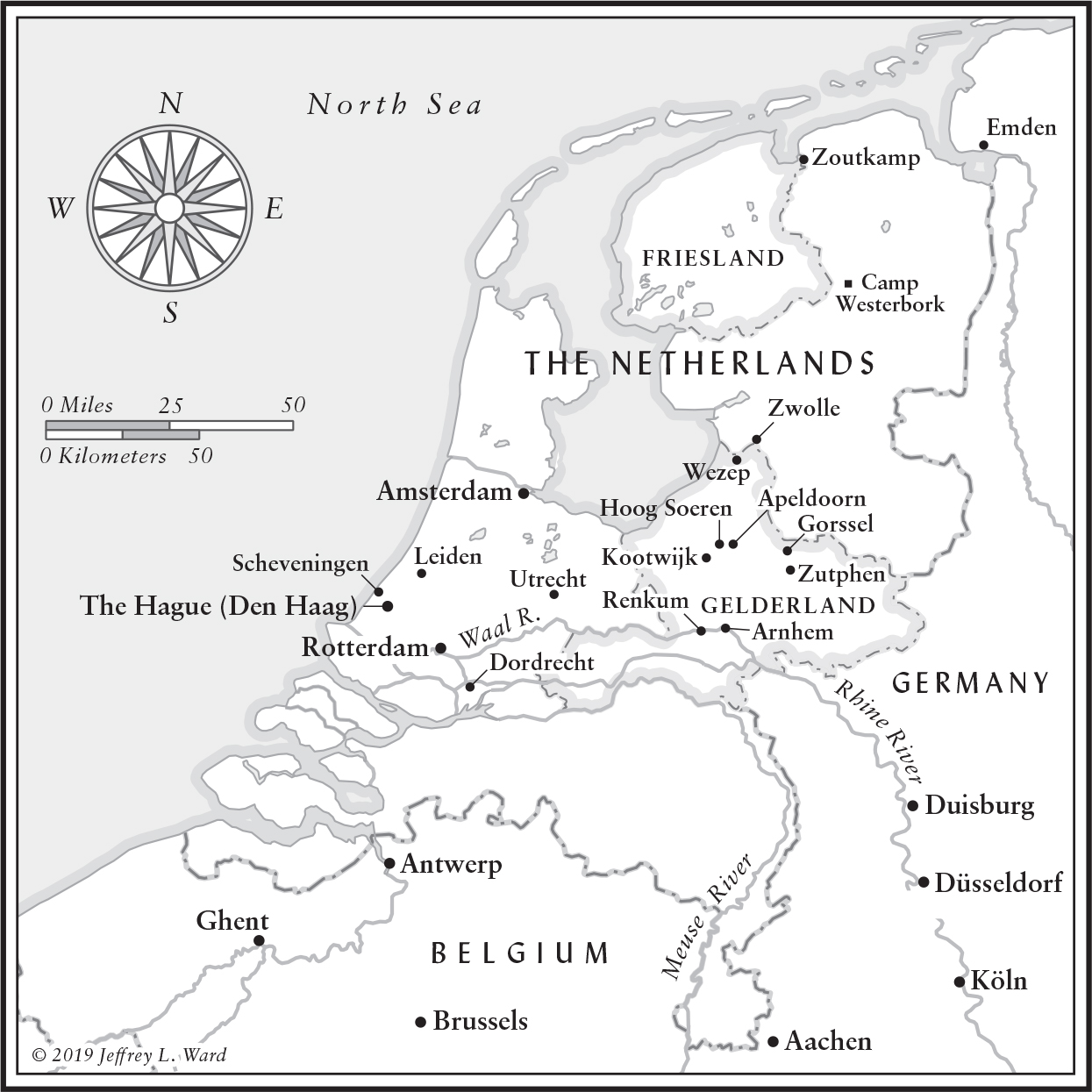
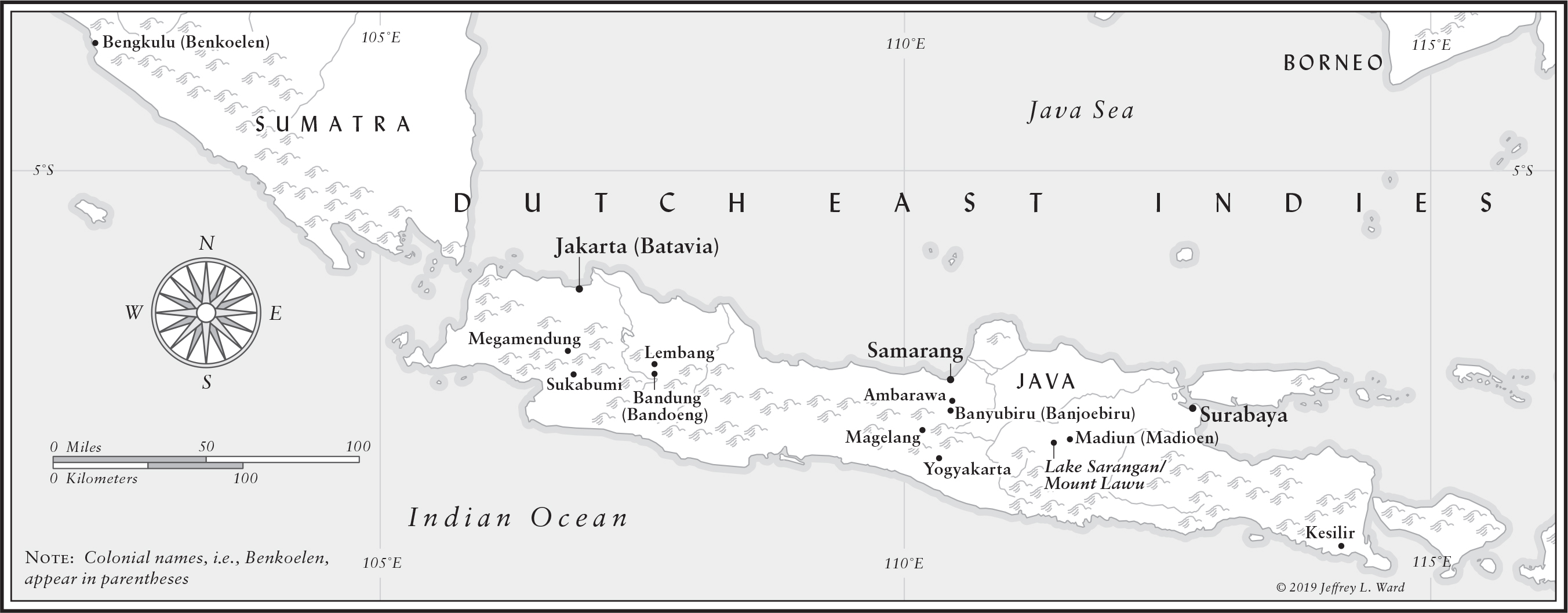
My father was in a Japanese internment camp as a child. My mothers parents were arrested as suspected Nazi collaborators. These are facts. Also facts: My father was part of an oppressive colonial system. My mother was put in an orphanage, and her parents were tortured.
Growing up in the United States with the authoritative voice of history books and media, I absorbed an interpretation of war that adhered to a bifurcated world of absolutes. On one side, a medal pinned to the chest of a proud soldier. On the other, an officer in handcuffs. I learned about winners and losers, justice and evil, glory and shame. I learned that there are victims who have a right to their victimhood and others who have not earned the right to complain. Its a stringent voice of judgment to reckon with. But the more I hear my parents stories and see how their war experiences influenced the people they became and how I was raised, the more I understand that war injures without prejudice. It injures participants and bystanders and all the people who come after them. Inherited trauma. Like a pileup on a foggy freeway, each car slamming into the car in front of it, war injures generations down the line who havent a clue what started the chain reaction in that fog behind them but feel the impact and find themselves skidding off the road too.


